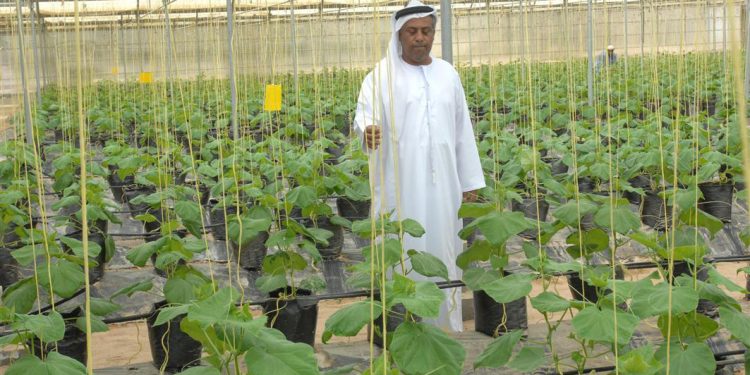According to the Food and Agriculture Organization of the United Nations, Saudi Arabia is one of the largest importers of food in the world, importing around 80% of its food needs. This dependence on imports has made the country vulnerable to supply chain disruptions and price fluctuations in global markets. To address this issue, the Saudi government has been investing in sustainable agriculture, including the construction of sustainable greenhouses.
The Red Sea Farms and PIF’s partnership aims to build sustainable greenhouses using saltwater and solar panels. The greenhouses will be built in different regions of Saudi Arabia, including the city of Jeddah, with a total area of 10 million square meters. The use of saltwater and solar panels will reduce the use of freshwater and electricity in the greenhouses, making them more sustainable and cost-efficient.
Sustainable greenhouses have several benefits for agriculture. They provide a controlled environment for plants, which allows for year-round production and a higher yield. The controlled environment also reduces the use of pesticides and herbicides, making the produce healthier and safer for consumption. Additionally, sustainable greenhouses require less water than traditional agriculture methods, which is a significant advantage in arid regions like Saudi Arabia.
Sustainable greenhouses have the potential to revolutionize Saudi Arabia’s agriculture industry by reducing the country’s dependence on food imports and improving the efficiency and sustainability of agriculture. The partnership between Red Sea Farms and PIF is a significant step towards achieving this goal, and it will be exciting to see the impact of this initiative on the country’s agriculture sector.










